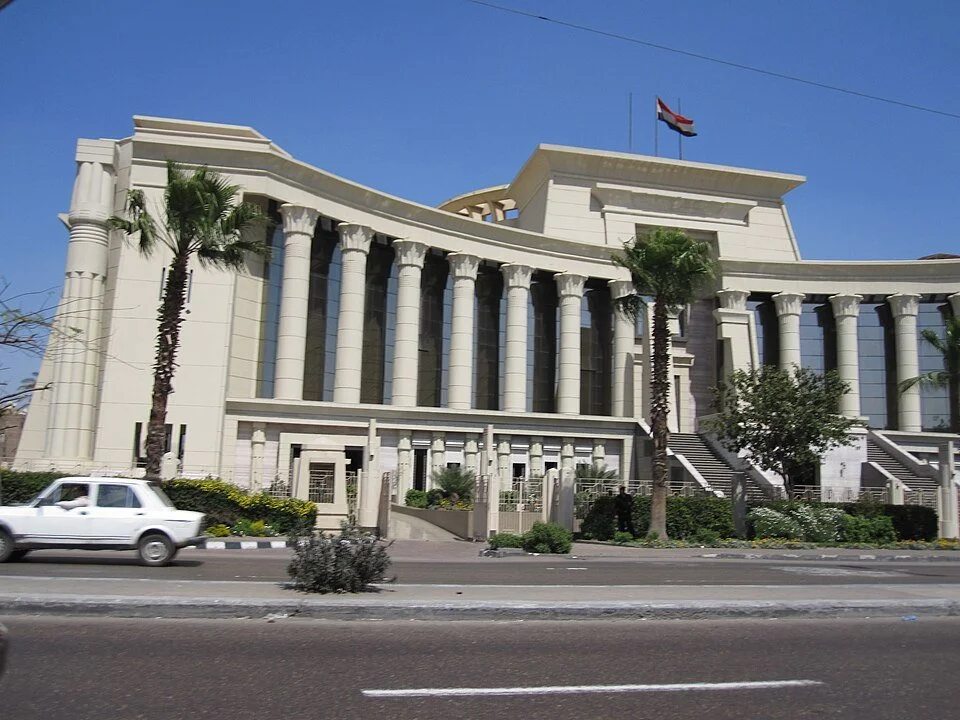Filtered by Category: Interviews
![Litigation in Liechtenstein]()
Liechtenstein has enforcement agreements only with Austria and Switzerland, except in arbitration matters where it has joined an international enforcement convention. In civil proceedings without arbitration, it may therefore be necessary to re-litigate the case entirely in Liechtenstein.
Read More
![International Arbitration]()
There are a few cases of procedures for the independent production of evidence to be used in a forthcoming arbitration, which are not usual in a civil law jurisdiction. Documentary evidence is filed in the case docket. In case the tribunal grants document production, depending on what's produced, it's for the tribunal's eyes only, it's blackmarked, or it’s filed for all access.
Read More
![Litigation in the Kyrgyz Republic]()
At present, paper filings are still required in Kyrgyzstan. Pleadings must be submitted in person or by courier. There is no nationwide electronic filing system for courts yet, although limited email communication is sometimes allowed.
Read More
![Litigation in Egypt]()
Lawyers are required to wear a robe during hearings—it is very similar in shape and color to the traditional French robe, reflecting the influence of civil law traditions in Egypt.
Read More
![Gathering and Preserving Evidence in Litigation in Argentina]()
Our national procedure system (or Procedure Code) establishes two big ways of producing evidence before trial, even though both of them requires the involvement of the judge and, in one of them, of the counterparty also.
Read More
![Litigation in Estonia]()
Lawyers do not wear a robe and should instead wear formal business dress, though sometimes they dress casually.
Read More
![Litigation in Louisiana]()
I find the bar down here to be pretty genteel, but that may just be true of most smaller jurisdictions that are not trying to be high-powered legal centers. When I started down here it was perhaps better dressed than NYC (most people still wore suits to the office), but that’s largely faded away and we’re business casual like everywhere else.
Read More
![Litigation in Morocco]()
Since each side bears their own legal fees, there is a tendency for defendants to delay proceedings. They may hire a cheap lawyer to litigate and appeal as a means to delay their obligation to pay or dissuade a claimant from pursuing litigation.
Read More
![Litigation in Haiti]()
From the complaint to the judgment, the deadline can last up to three months if there aren’t any strikes. Often times it is the clerks who are on strike, other times it is the judges or bailiffs to claim salary adjustments (raises) or better working conditions.
Read More
![Litigation in Iceland]()
"Eðli máls" (the nature of the case) is a recognized source of law in Icelandic legal practice. It is used when there is no explicit statutory provision, precedent, custom, or other clear legal source that directly applies to a particular legal issue. When courts or legal professionals rely on "eðli máls," they base their decisions on reason, fairness, and general legal principles to determine a just and reasonable outcome.
Read More
![Litigation in Turkey]()
In general, Turkey does not have the jury system for any kind of courts or trials. However, the number of assigned judges may vary according to type of the claim and the court. For instance, the commercial courts usually have 1 judge and this is the normal practice. However, if the value of the claim exceeds 300.000 TRY, then a committee of judges (3 judges) handles the claim.
Read More
![Litigation in Belgium]()
In Brussels there are Dutch and French speaking courts. I plead before both of them or other courts in Wallonia in French. We have a small German speaking territory (a leftover feom WWI) and I have had the chance to plead before the local court in German a few times.
Read More











